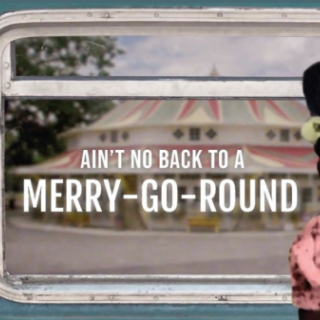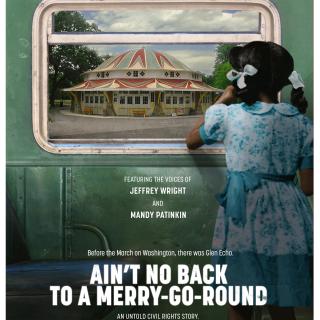Advertisement
Meryl Streep long ago proved she can act. In Into the Woods, as she did in 2008’s Mamma Mia!, Streep proves that she can sing, too.
One thing, though: You probably wouldn’t want to sing in a choir with her. Performing in an ensemble requires more restraint than performing a solo, as your goal is to blend with the other voices, not to stand out. Whether she’s singing or acting, Streep often seems incapable of exercising this kind of restraint.
Maybe it’s not her fault. Maybe her directors think to themselves: “Hey, I’ve got Meryl Streep here. Why shouldn’t I take advantage of the situation by letting her deliver a Meryl Streep-style star turn?”
Well, there’s nothing wrong with that, as long as she’s the star. It’s not so good when she’s merely one member of a large ensemble, as she is in Into the Woods. The fact is that whenever her Witch is on-screen, the other actors basically disappear into the fairy-tale-style woodwork.
Streep’s emoting aside, Rob Marshall’s adaptation of James Lapine and Stephen Sondheim’s stage musical is visually handsome and aurally beautiful. All in all, it’s pretty good. Trouble is, “pretty good” is a disappointing substitute for “brilliant,” which is how the original work is generally described.
A twisted fairy tale if there ever was one, Into the Woods reacquaints us with such familiar characters as Cinderella (Anna Kendrick), Red Riding Hood (Lilla Crawford), Rapunzel (Mackenzie Mauzy) and Jack of beanstalk fame (Daniel Huttlestone).
Tying them all together are the Baker and his Wife (James Corden and Emily Blunt), who learn they’re childless because they’ve been cursed by the Witch next door. They can break the curse only by going on a quest that brings them into contact with the aforementioned individuals.
What makes the tale really twisted is that after all the characters achieve their expected “happily ever after” endings, problems begin to mar their perfect bliss. For instance, Cinderella seems bored with royal life, while her charming Prince (Chris Pine) proves to be less than faithful. Worst of all, a female giant appears and begins wreaking havoc as she scours the countryside for Jack, the boy who chopped down the beanstalk and killed her mate.
In the stage musical, infidelity, self-interest and death ultimately create a finale awash in rueful self-awareness. The film adaptation, possibly because it’s a Disney flick, soft-pedals the death and infidelity and adds a new scene that suggests the real theme is the importance of fatherhood. The result is a musical that is more traditional and less powerful than it was meant to be.
At least Sondheim’s songs are still beautiful, and most of the cast plays well together. The scenery-munching Streep predictably has nabbed a Golden Globe nomination for supporting actress, but Blunt’s quietly soulful portrayal of the Baker’s Wife makes her more deserving of her own leading-actress nod. Among the smaller roles, Pine of Star Trek fame is particularly entertaining as Cinderella’s Prince.
This may be watered-down Sondheim, but at least it’s Sondheim. Whether that’s better than nothing is something his loyal fans will have to decide for themselves.



